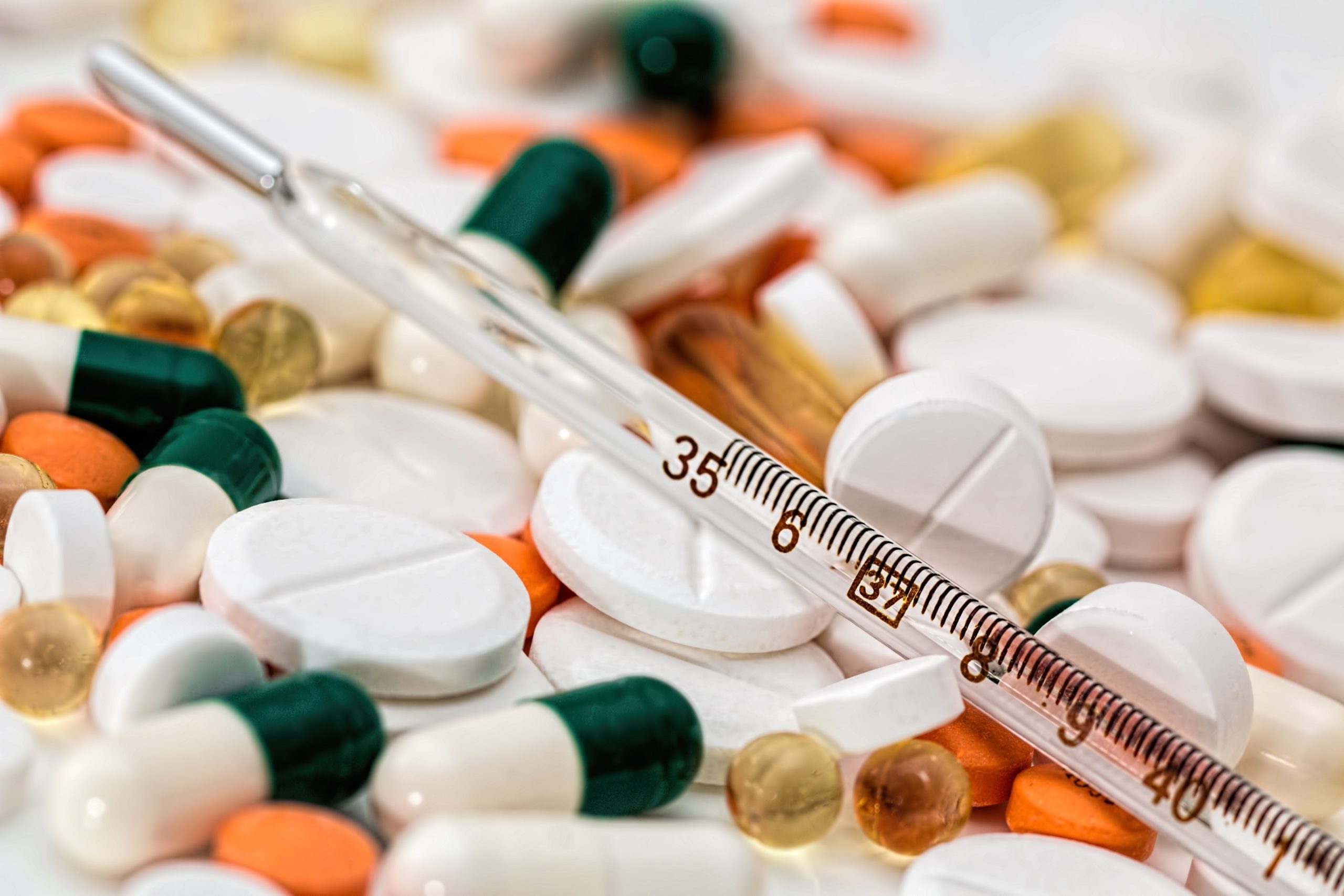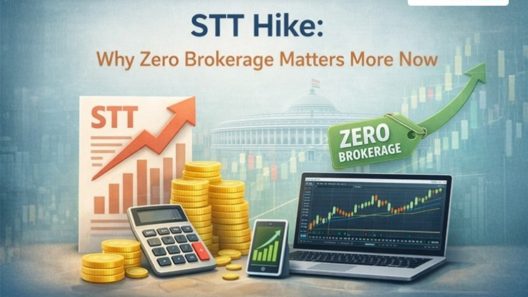The Indian pharmaceutical sector is expected to see a moderate revenue growth of 9% in fiscal year 2022, compared with a revenue growth of 12.5% in the last financial year, due to sluggishness in exports, according to Crisil Rating agency. The slowdown is despite a significant support from sale of Covid-19 vaccines and rise in demand in the domestic formulations market.
The rating agency had surveyed 207 pharmaceutical companies that account for 55% of the Rs 3.2 lakh crore-a-year sector revenue for this forecast.
The slowdown in exports is due to intense competition among generic players amid intensifying pricing pressure in the US market. In addition, lower visibility of new product launches due to delay in closure of regulatory actions on manufacturing plants by the US Food and Drug Administration (US FDA) is also another reason.
Meanwhile, some support from Covid-19 vaccine shipments, overall growth in exports is expected to moderate to 5-6% this fiscal, as against a strong growth of 23-25%, which was led by sale of Covid-19 related drugs and vaccines in both regulated and semi-regulated markets.
Further, the rating agency said that domestic demand is witnessing a steady recovery after a tepid performance last fiscal.
“With normalcy returning to healthcare delivery services, domestic formulations revenue, led by acute therapies, is estimated to grow 14-16% this fiscal, compared with 2% last fiscal,” said Isha Chaudhary, Director, CRISIL Research.
She also said that ramped-up capacities and improving pace of vaccination, Covid-19 vaccines also provide additional domestic growth potential this fiscal.”
Operating Profit
Crisil also noted in its report that operating profit is also likely to shrink by about three percentage points this fiscal, due to a sharp rise in input costs. However, it said that well-managed balance sheets and prudent capital spending can keep the pharma sector’s credit quality stable. The operating profitability stood at a record high of 23% last fiscal due to cost-control initiatives, lower selling and marketing costs due to the pandemic-induced travel restrictions.
The rise in input costs are due to higher key starting ingredients and active pharmaceutical ingredients imported from China, increase in freight costs as well as marketing and travelling costs. In addition, the US has imposed price cap for products under the Drug Price Control Order in the domestic market which will affect the the pharma companies’ ability to pass on the rise in input prices to its customers.
“The pharma companies’ credit profiles that are rated by the rating agency remain to be stable on the back of healthy balance sheets and solid liquidit,” said Tanvi Shah, Associate Director, CRISIL Ratings. She added that capital spending is likely to remain moderate due to sufficient capacity, while R&D spends will also remain steady.
However, she opined that due to extended working capital cycles, higher receivables and inventory cycles amid supply chain constraints, the debt levels of pharma companies are expected to rise. Nevertheless, debt-to-Ebitda ratio will rise to 1.3 from less than 1 in the last fiscal.





